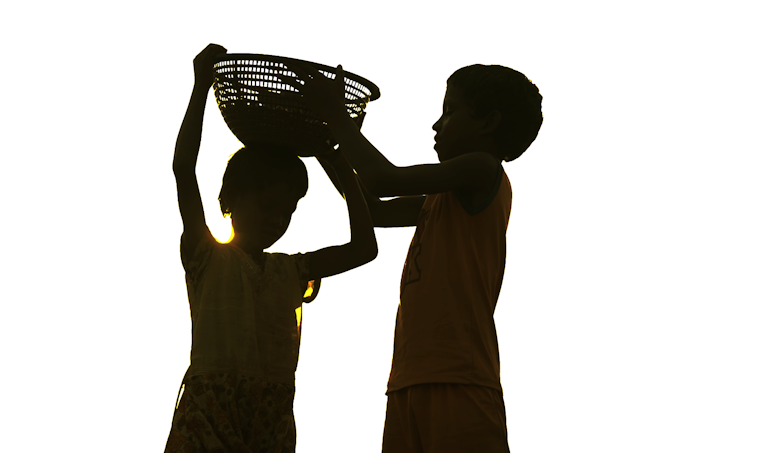Child exploitation is an invisible crisis
OPINION - Millions of children are affected by humanitarian disasters. They lose basic needs and are vulnerable to exploitation. Children must be safe and protected, says Demelash Deghebo, head of the Terre des Hommes Humanitarian Action Program.
Invisible crisis
We cannot ignore the greatest invisible crisis of today: child exploitation in humanitarian emergencies. Every year, millions of children suffer the devastating consequences of humanitarian disasters, such as the loss of basic needs such as food and a roof over their heads, access to healthcare and education. The pain does not stop there: children are also becoming increasingly vulnerable to exploitation by people who take advantage of their situation.
160 million children
Our goal is to combat child exploitation in all forms. We advocate for the protection of the rights of every child so that they can grow up in a safe, healthy environment. As many as 160 million children are exploited for labour worldwide. Of these, half live in countries affected by humanitarian emergencies. These situations, caused by conflict, climate-related hazards, disasters, health crises or socio-economic and political decline, often create an environment in which exploitation can thrive. Across all humanitarian emergencies, children are disproportionately affected and are at greater risk of human trafficking, forced labour and sexual exploitation. The lack of stable support systems, together with the loss of family support and social and legal protections, makes children easy victims of abuse. This aspect of disasters is often invisible.
Call to action
In conflict areas, children can be forcibly recruited into armed groups. Being forced to work to support their families. Refugee camps, which are often overcrowded and under-resourced, become breeding grounds for human trafficking networks and other forms of abuse. Furthermore, the desperation and instability that characterise emergencies can lead to an increase in harmful practices, such as child marriage. The hopelessness of displaced families and the instability of their new environment create additional risks of exploitation. The consequences of child exploitation are far-reaching. Apart from the direct physical and psychological harm, exploited children face serious disadvantages in education, health and general development. Forced labour and human trafficking disrupt their youth and deprive them of opportunities for a better future. Sexual exploitation of children can lead to lifelong trauma and health problems. Furthermore, these experiences perpetuate cycles of poverty and vulnerability, affecting not only the individual, but entire communities. We urge everyone to stand up for the plight of children caught in the web of exploitation. This is also a call to action for governments, national and international organisations, donors and individuals to unite in the fight against these grave injustices.
By supporting initiatives that protect children and advocate for their rights, we can make a difference - we can work towards a world where every child is safe and protected.
---> A version of this Op-Ed was published in the Dutch newspaper Algemeen Dagblad. (11/12/24)

